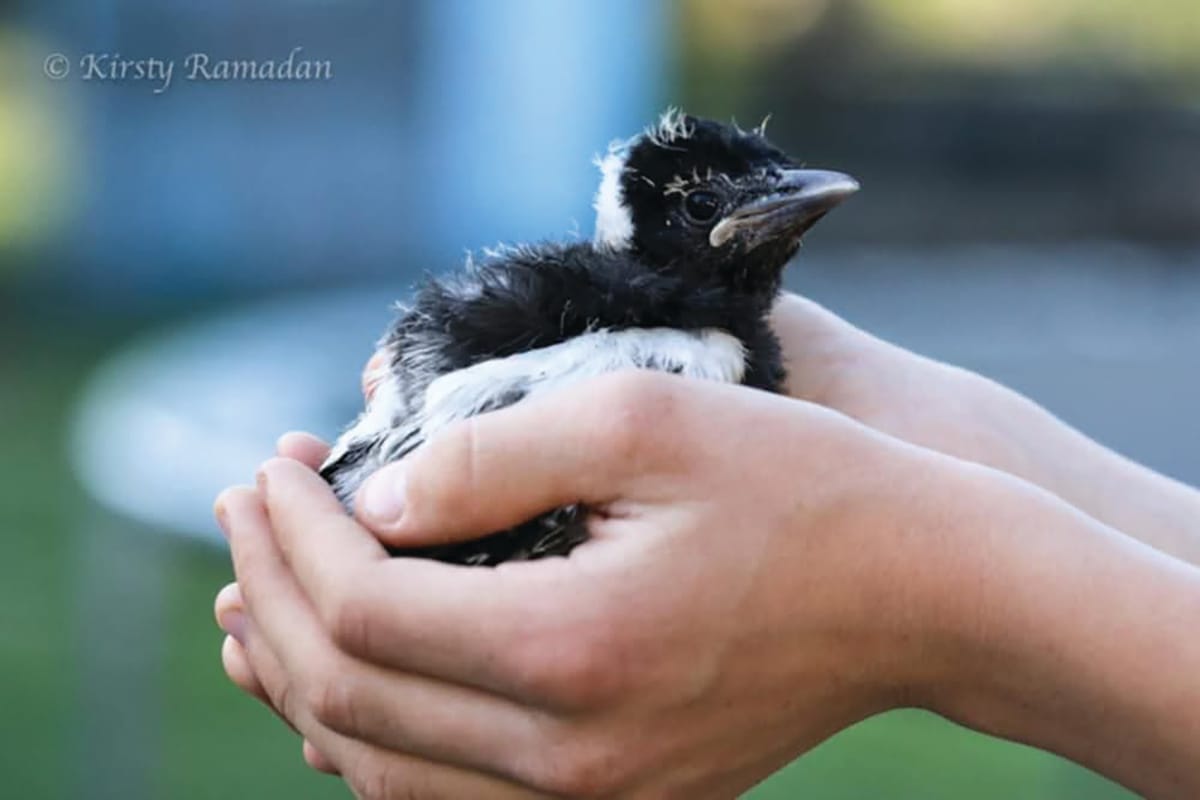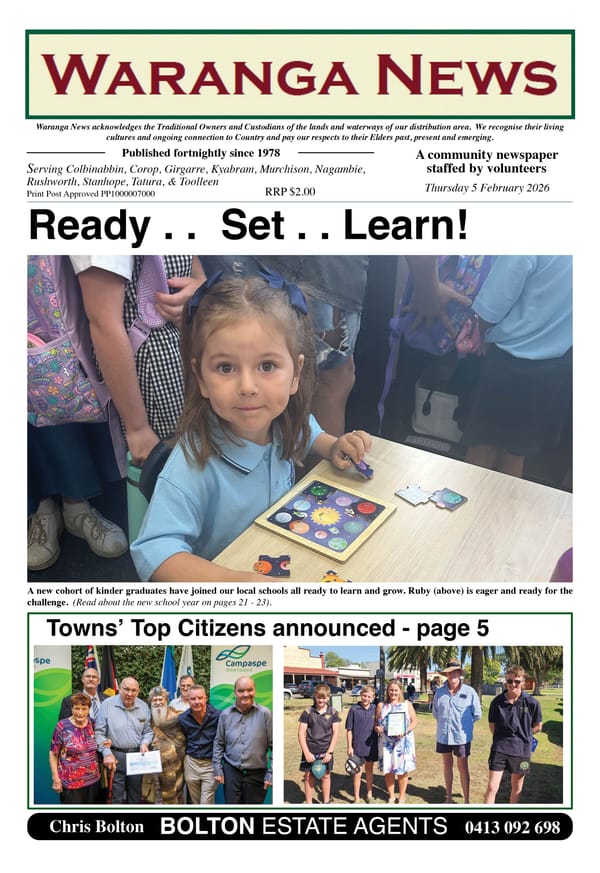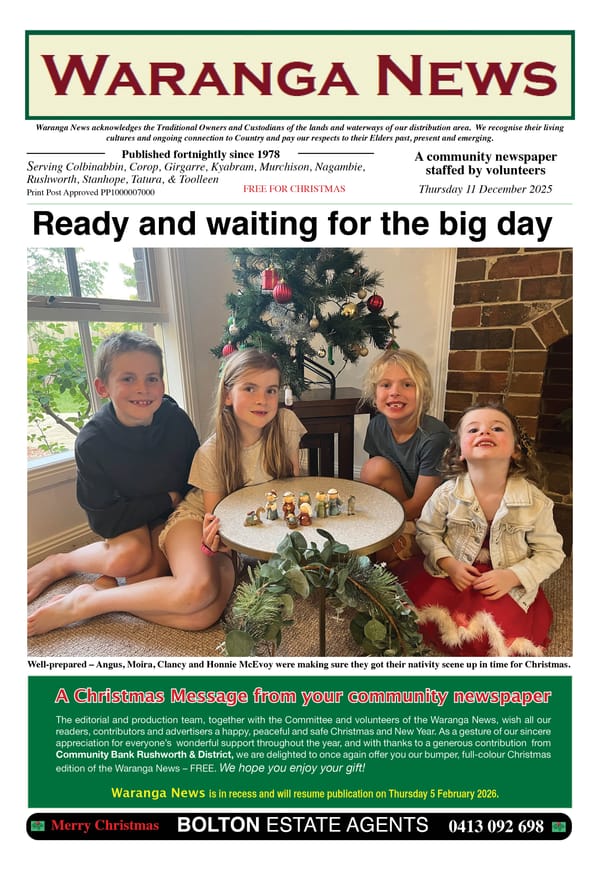Birds!

Bird specialists are a bit of a rarity in the wildlife caring world. Many carers will look after common bird species such as magpies, parrots or tawny frogmouths and kookaburras or even specialise in a particular field of birds such as waterbirds or raptors but most carers are by definition, mammal carers. I get it.
Mammals, particularly our beautiful Australian marsupials are cute and cuddly. The point is, you can cuddle them. Small mammals thrive on being close to their human carers while they are developing.
Although I have been guilty of cuddling a scared duckling to ease its fears and some small chicks do like that comfort, in general, our wild birds are just not cuddly critters. Little naked chicks often appear ugly to people and don’t conjure the same adoration as a fluffy mammal babe.
In my eyes, there is nothing more remarkable than a fresh hatched altricial chick, eyes bulbous and closed, usually naked or sporting sparse whispy down, sitting in the cleverly crafted nest one or both parents have put together for them. Apart from the warmth of parents sitting on the nest and diligent feeding regimes, they are so vulnerable. Exposed to so many more risks than being tucked away in Mum’s pouch or hidden deep inside a burrow or den until more developed, baby birds do really have a challenge to survive right from the day their mother laid the egg they have hatched from.
Precocial chicks, (those that hatch a lot more developed than altrical chicks), emerge from the egg all fluffy with thick down. They are capable of walking, running and feeding within hours and are still extremely vulnerable until grown and capable of flight.
In species such as our native ducks, if you hatch a day late, it is enough of a set back to find yourself in a hollow by yourself, your siblings and parents having already vacated, future instantly grim as an orphan with no parental protection and warmth.
Birds have always fascinated and filled me with awe. The ability to fly without any aid but your own wings has always been the epitome of freedom to me. Imagine how one must feel soaring high above your surroundings, the sky a part of your home. We can only get an inkling of this when we hang glide, sky dive or engage in other flying contraptions. Even in flight, we are not truly free as a bird is in their flight.
Another attraction for me about birds is their sheer diversity. Even mammal carers will agree with me that if you are capable of caring for the pouched young of an Eastern Grey Kangaroo joey, then you are capable of caring for a wallaby babe.
Different species of mammals certainly require different care regimes but when they are small, still in pouch, the regimes revolve around the correct milks, correct feeding times and developmental milestones such as gaining hair or fur, first time out of pouch and in the case of our wombats here in care at Bohollow, our first wombat walks.
Birds are so diverse and can be so extremely different in the care requirements for each different species. I tend to thrive on challenge and also detest monotony so I think birds are perfect for me.
Being a shelter which specialises in all bird species we need to have all the appropriate care requirements to cover a large diversity of species. Our freezers are full of fish for pelicans, rats and mice for raptors and carnivores, our feed bins are full of multiple seed types, we keep various hand raising products for seed eaters to carnivores and everything in between, we always have live food such as crickets and meal worms at the ready, meat mixes for omnivores, nectar mixes for nectar feeders, the list goes on.
The pros of being a bird specialist....birds grow and develop fast. Lots of our small native insectivores and nectar feeders grow from hatching to flying in two weeks! They literally grow before your eyes. I love that day by day difference, you can actually see their feathers sprouting and growing before your eyes.
Birds reach independence quicker than mammals as a general rule, there are always some exceptions.
There are so many species of Australian native birds that you never get bored or stop learning.
Cons....baby birds require extremely intense feeding regimes. They have higher metabolisms than mammals and feed much more frequently, in the case of a tiny insectivore or nectar feeder, every fifteen to twenty minutes!
Diversity means more different types of food items and care regimes. Some of which are a lot more difficult to source than mammal products.
Summary...
I love birds.
I always have been one to support the underdog.




